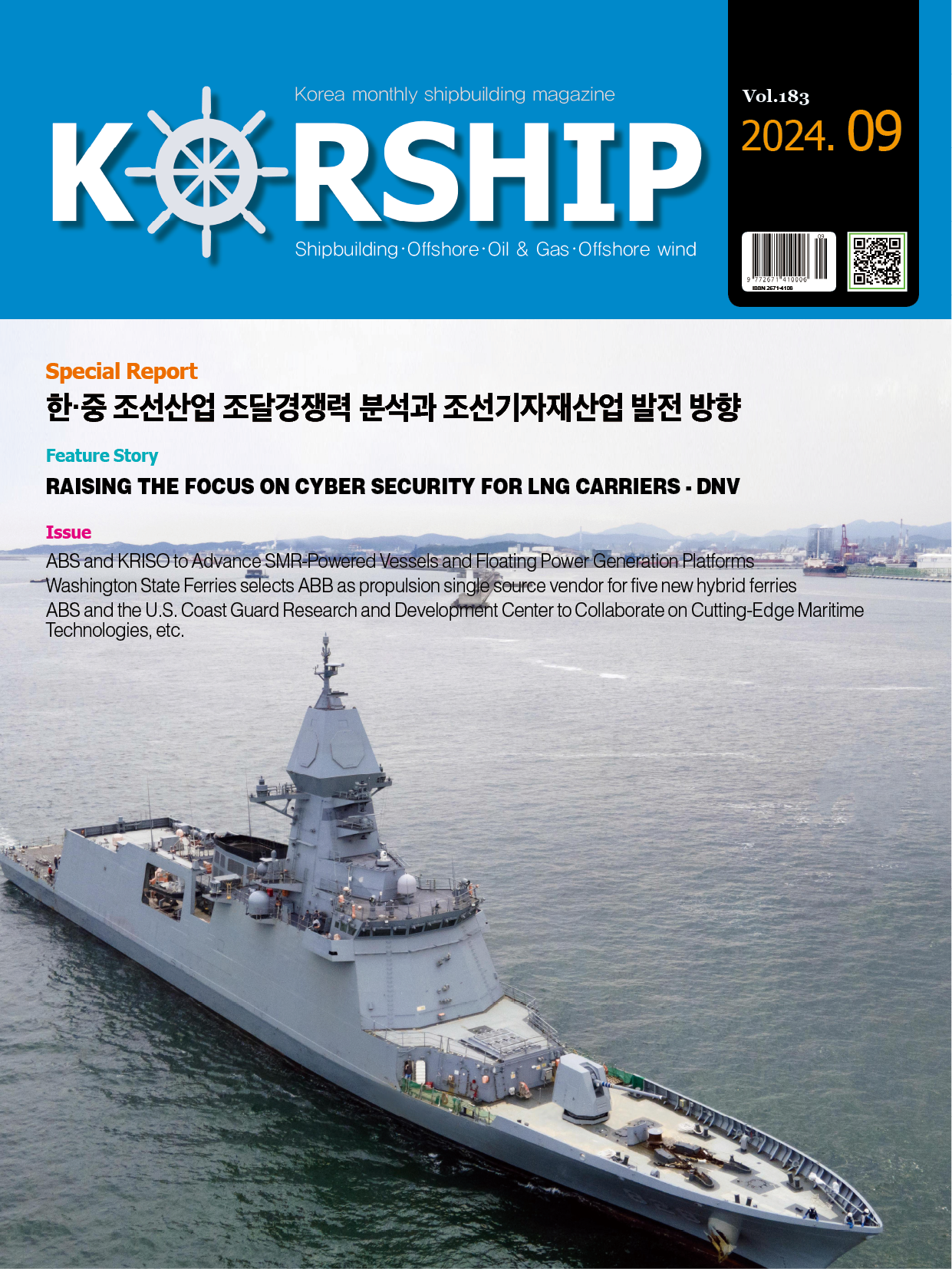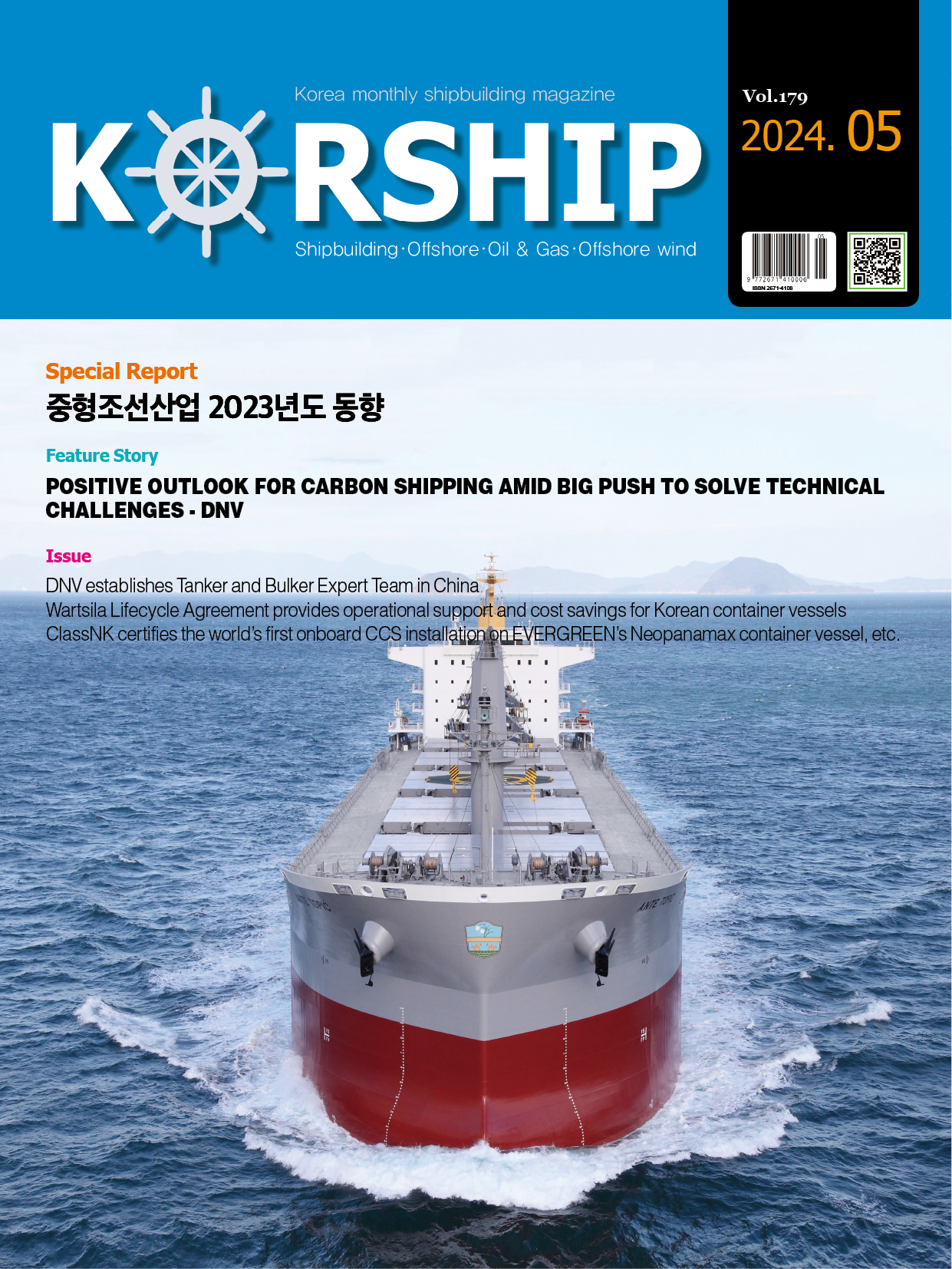Business News Impact of digital technology on maritime sustainability explored in In…
페이지 정보
작성자 최고관리자 댓글 0건 조회 1,555회 작성일 22-05-16 16:07본문
Inmarsat, the world leader in global, mobile satellite communications, has published a new decarbonisation report exploring the impact digital technology can make on shipping’s greenhouse gas(GHG) emissions. Compiled by maritime innovation consultancy Thetius, and sponsored by the Inmarsat Research Programme, The Optimal Route – The Why and How of Digital Decarbonisation in Shipping provides evidence that digital optimisation offers a key strategy for owners set on meeting International Maritime Organization(IMO) CO2 targets for 2050.
Opening by identifying three key digital steps to achieve their decarbonisation objectives, the report recommends that shipowners ‘Know your numbers’ as Step 1 in the process. Owners should be in a position to measure vessel performance against metrics including the Carbon Intensity Index(CII) and the Energy Efficiency Existing Ship Index(EEXI). Based on the findings, Step 2 recommends developing a roadmap for decarbonisation, to include a flexible approach to asset purchasing and development. Step 3 advises owners to participate in green corridor schemes to gain access to favourable ship finance.
The report goes on to outline the industry’s ‘pathway to 2050’, highlighting the policy-based initiatives that will play the most significant role in guiding shipping towards decarbonisation. These include ‘Just-in-time clauses for voyage charter parties 2021’; the Poseidon Principles ship finance charter, which seeks to encourage financial institutions to invest in greener vessels; global maritime carbon levies to accelerate the uptake of zero-carbon fuels; and the Sustainable Shipping Initiative’s ‘beyond compliance’ scheme.
Technology itself is also a focus, with several software tools developed to enhance shipping efficiency described in detail. According to the report, software that facilitates the remote execution of surveys and inspections, training and certification, and vessel pilotage can support environmentally friendly operations, as can those enabling paperless trade and voyage optimisation.
In its concluding chapter, ‘Spotlights on success’, the report further explores some of the applications featured, presenting case studies to highlight the way performance management platforms can be used to offer significant reductions in GHG emissions.












